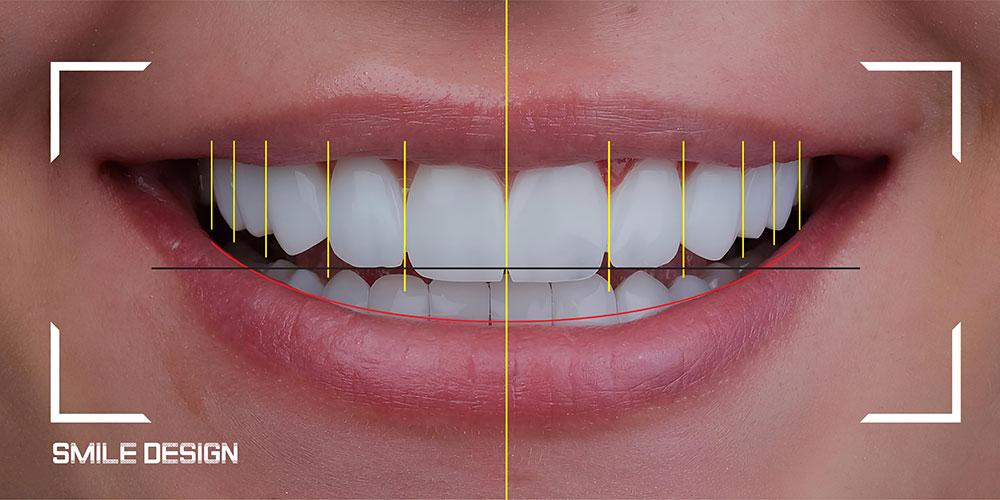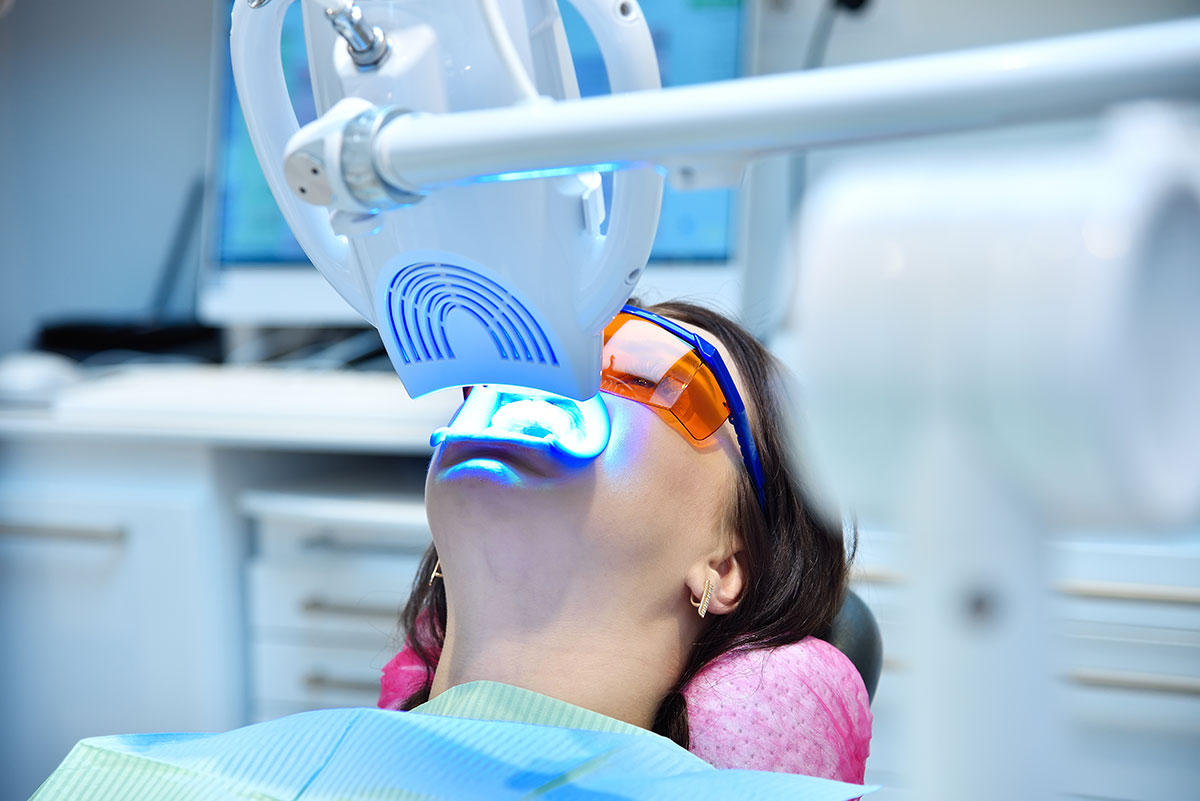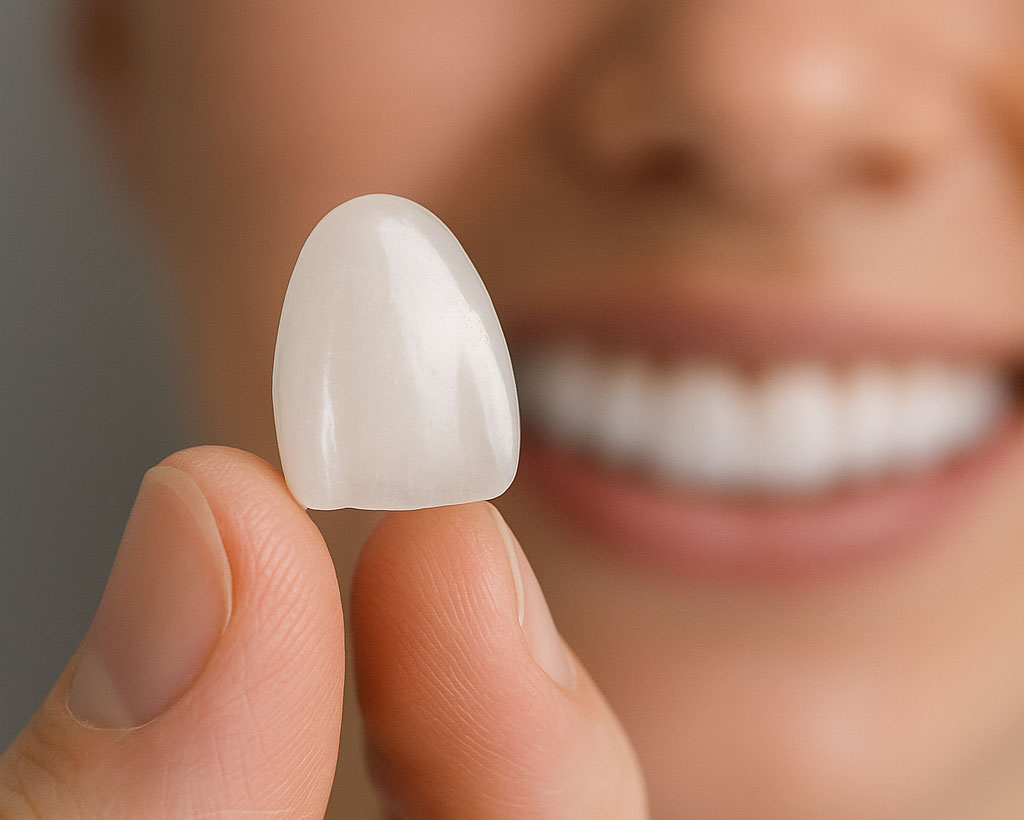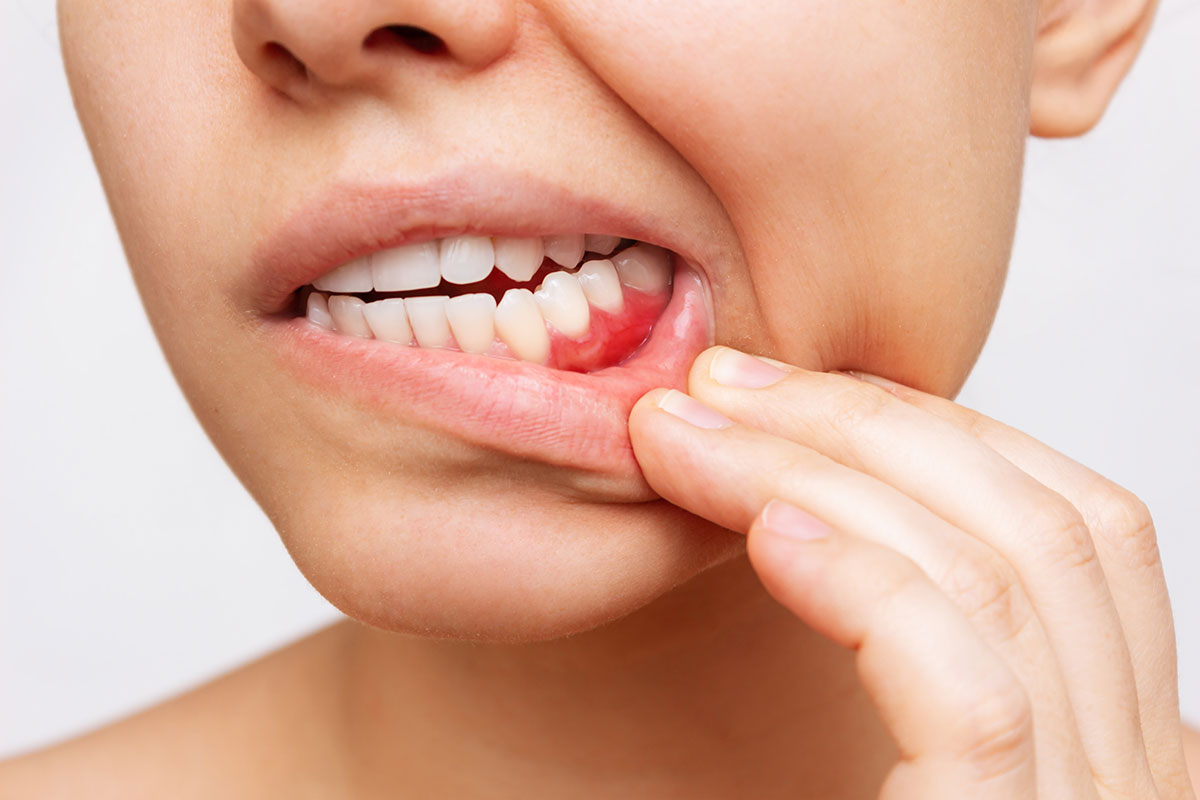Correct after dental implant treatment post-implant care and organized dental implant cleaning routine prolongs implant life and reduces the risk of complications. Below, starting from the first days after surgery, daily care, nutrition, controls and considerations are explained step by step.
Care in the First Days After Implant Surgery
Post-implant care The most critical stage of the process is the first few days following surgery. The correct applications to be made during this period support the implant's adaptation to the jawbone (osseointegration).
- Bleeding and swelling are normal: Mild bleeding and edema may occur. Apply light pressure with sterile gauze; in case of excessive bleeding, contact your doctor.
- Cold compress: Applying cold to the cheek area at 10 minute intervals for the first 24 hours reduces swelling.
- Soft, warm foods: Avoid very hot/cold and hard foods in the first few days; prefer puree, yogurt, soup.
- Medication use: Take antibiotics and painkillers prescribed by your doctor regularly and as directed.
Daily Oral and Dental Care After Implant
For the longevity of implants oral and dental care routine is essential. Regular cleaning reduces plaque and bacteria build-up periimplantitis reduces the risk.
Tooth Brushing
- Soft bristle brush: In the first days, brush in circular and gentle movements, without traumatizing the sensitive area.
- Electric brush: After the first week, you can use an electric brush if your doctor deems it appropriate.
Dental Floss and Interdental Brushes
- Implant threads Enlarged/specialized threads effectively clean the spaces around the implant.
- Interface brush: Gently clean the crown and gum line with interface brushes of the correct diameter.
Mouthwashes
- Antiseptic and alcohol-free products: Antiseptics recommended by the physician should be preferred in the first weeks and alcohol-free mouthwashes should be preferred in the long term.
Tongue Cleaning
- Tongue brush/scraper: Bacteria on the tongue can increase odor and inflammation; clean the tongue daily.
Nutrition Recommendations After Implant Treatment
Nutrition after implant treatment habits accelerate healing and increase the durability of the implant.
- Avoid hard foods: Nuts, hard candies and very hard bread can overload the implant.
- Sugar and acid restriction: Sugary/acidic drinks and foods increase bacterial plaque; limit consumption.
- Balanced nutrition: Protein, calcium, vitamin D and vitamin C support bone and soft tissue healing.
- Adequate water: It prevents dry mouth, increases saliva flow and provides natural cleaning.
Regular Checkups for Implant Longevity
Implant lifecan be extended with planned clinical check-ups and professional cleanings.
- Frequency of control: In the first year, examinations are recommended every 3-4 months; then at least twice a year.
- Professional cleaning: Tartar and biofilm accumulation adversely affect the peri-implant tissues; regular cleaning is essential.
- Personal recommendations: Your physician may recommend special brushes/nips and techniques around the implant.
Problems that may be encountered after implant
- Periimplantitis (inflammation around the implant): Plaque build-up can lead to redness, bleeding, tenderness and bone loss. Early diagnosis and regular care are very important.
- Teeth clenching (bruxism) and overload: Protectors such as night plates protect the implant superstructure and bone from overload.
- Soft tissue/aesthetic problems: Poor hygiene and trauma can cause gum recession and aesthetic concerns.
Smoking and Implant Health
Smoking slows wound healing by reducing blood flow and increases the risk of infection. In the long term, it increases the risk of implant loss. Patients with implants are strongly advised to quit smoking or at least stay away from it during the healing period.
Conclusion Regular Maintenance Essential for Healthy Implants
The permanence of dental implants depends not only on surgical success, but also on the patient's post-implant care depends on your routine. Regular brushing, dental implant cleaning Implants can be as comfortable and long-lasting as natural teeth with steps, a balanced diet and planned check-ups.





